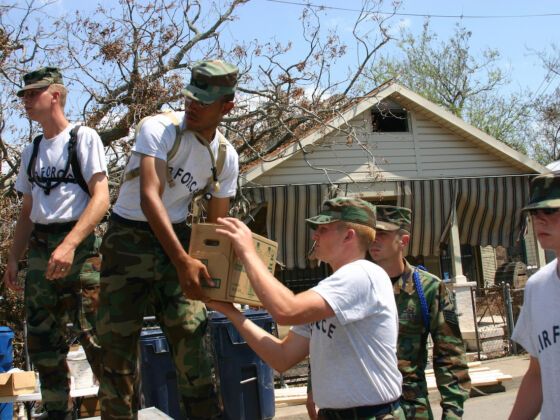How do I feel one year after Hurricane Sandy? I feel lucky.
Before the storm, I was a seething, depressed mess. I felt I was entitled to having the finer things in life, but I didn’t want to work hard to get them. I resented my more successful friends and their jobs that paid adult salaries. It was as if everyone else in my life was getting ahead just fine, but an invisible wall kept me from keeping up.
